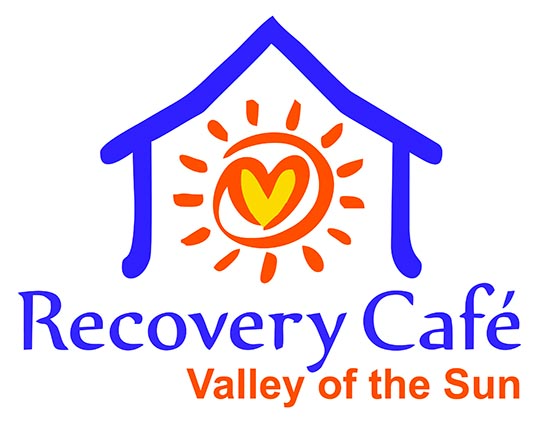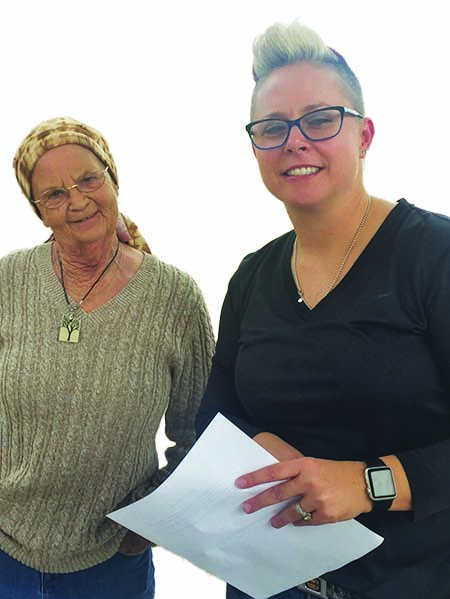Talking with teens or young adults can be challenging for any parent. Having meaningful, ongoing conversations about drugs and alcohol is an important key to helping keep your child healthy...
Talking with teens or young adults can be challenging for any parent. Having meaningful, ongoing conversations about drugs and alcohol is an important key to helping keep your child healthy and safe and preventing addiction.
Here are some tips on how to break through communication barriers to feel more connected.
-
Choose a good time and place
Create blocks of time to talk. After dinner, before bed or school, or to and from school or extracurricular activities work well. Take a walk or go for a drive together. With less eye contact, maybe your teen won’t feel like they are under a microscope.
-
Openness and active listening
Keep an open mind. For a productive conversation keep an open mind and remain curious and calm. Your child is more likely to be receptive.
Ask open-ended questions. For a more engaging conversation, you’ll want to get more than just a “yes” or “no” response from your child.
Use active listening. Let your teen know they are understood by reflecting back what you hear — either verbatim or just the sentiment. It works like this: You listen without interrupting (no matter what), then sum up what you’ve heard to allow him or her to confirm. Try these phrases:“It seems like you’re feeling…”, “I hear you say you’re feeling…”, “Am I right that you’re feeling…”
Using “I” statements to keep the flow going and let you express yourself without your teen feeling judged or blamed. Then describe their behavior, how you feel about it and how it affects you. Then spell out what you need.
“I” statements allow you to use persuasion (not control or blame) to cause a change in behavior. You also allow them to help decide what happens next — another key to bonding.
-
Understand your influence
Many teens say when it comes to drugs and alcohol, their parents are the most important influence. That’s why it’s important to talk — and listen — to your teen. Talk. A lot. Discuss the negative effects of drugs and alcohol. Clearly communicate you do not want your teen using. Talk about the short- and long-term effects drugs and alcohol can have on mental and physical health, safety and the ability to make good decisions. Explain that experimenting with drugs or alcohol during this time is risky to their still-developing brain. Parents and caregivers are the biggest influence in a teen’s life.
Take advantage of “teachable moments.” Use every day events in life to point out things you’d like your child to know about. Point out alcohol and drug-related situations in celebrity headlines, or stories going on your own community that show the consequences of alcohol and drug use. If you and your child are at the park and see a group of kids drinking, use the moment to talk about the negative effects of alcohol. When watching TV together, ask if the shows and advertising make drug use look acceptable and routine? Or do they show its downside? How did that program make your child feel about drugs?
Share stories. Stories of people in recovery and stories of those lost to drugs and alcohol can be powerful teaching tools. Ask your teen his or her thoughts and feelings after reading the stories.
If there is a history of addiction or alcoholism in your family, then your child has a much greater risk of developing a problem. Be aware of this elevated risk and discuss it with your child regularly, as you would with any disease. Learn about other risks and why teens use.
-
Offer empathy and support
Let your child know you understand. Teen years can be tough. Acknowledge everyone struggles, but drugs and alcohol are not a useful or healthy way to cope with problems. Let your child know that they can trust you. Remind them you are there for support and guidance.
-
Keep in mind your teen’s brain is still developing
The human brain doesn’t fully develop until about age 25. This helps to explains a lot about the way your teen communicates. Typical teen behavior can trigger a lot of emotion in parents. Identifying the behavior you see in your teen can help you manage our own impulses. Plus, we communicate better because our messages aren’t clouded by emotion.
Bottom Line
Parents and caregivers are the biggest influence in a teen’s life. That’s why it’s important to talk regularly with your teen. Approach your conversation with openness and empathy and be sure to clearly communicate that you do not want your teen using drugs or alcohol. Remind your teen of your support and be sure to listen to what he or she has to say.
(Source: drugree.org)
Get one-on-one help Learn more about our Parent Helpline and how we can help. Call 1-855-378-4373. Speak with a Specialist M-F: 9am – Midnight ET, Weekends: 12pm – 5pm ET































